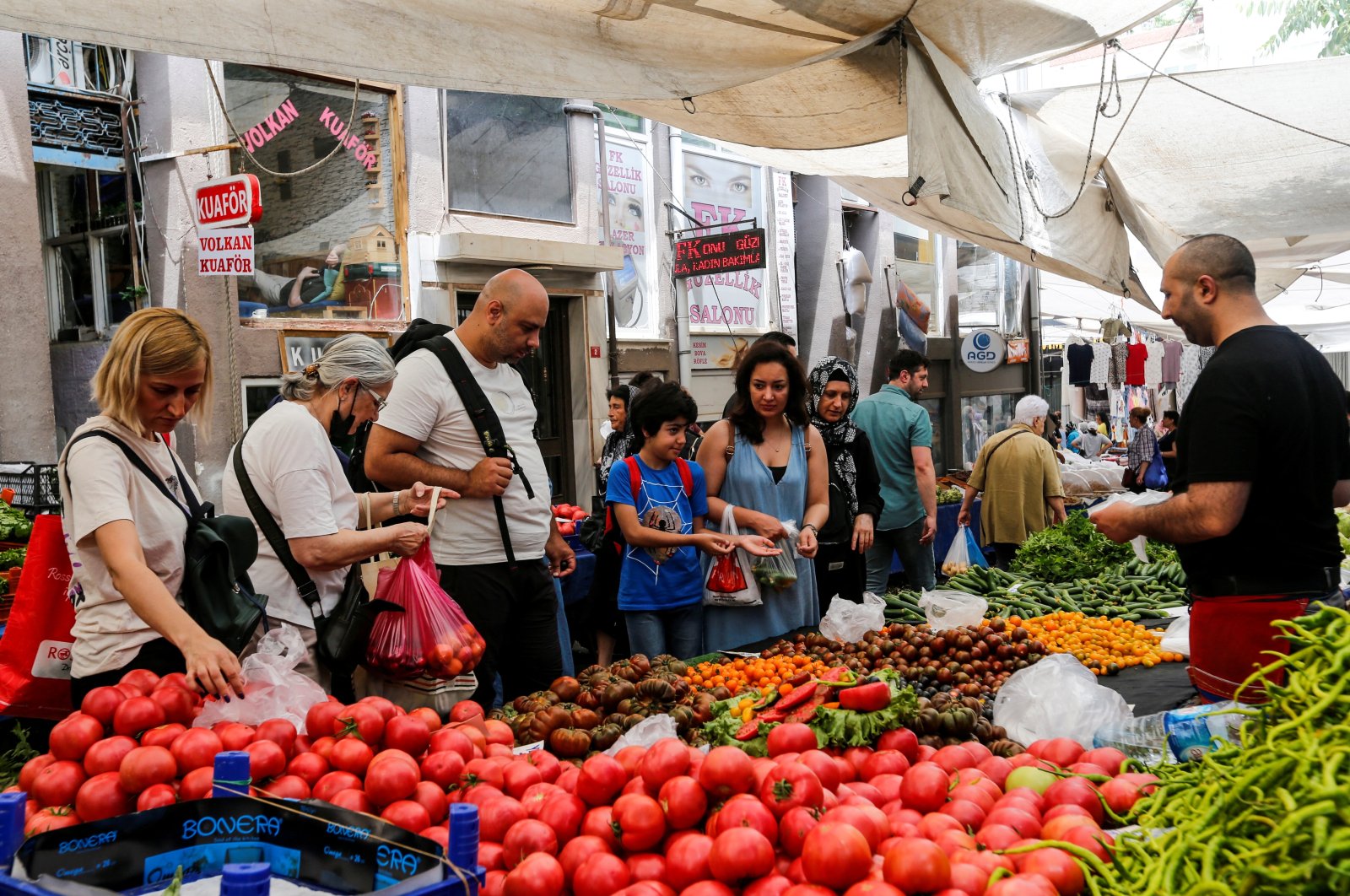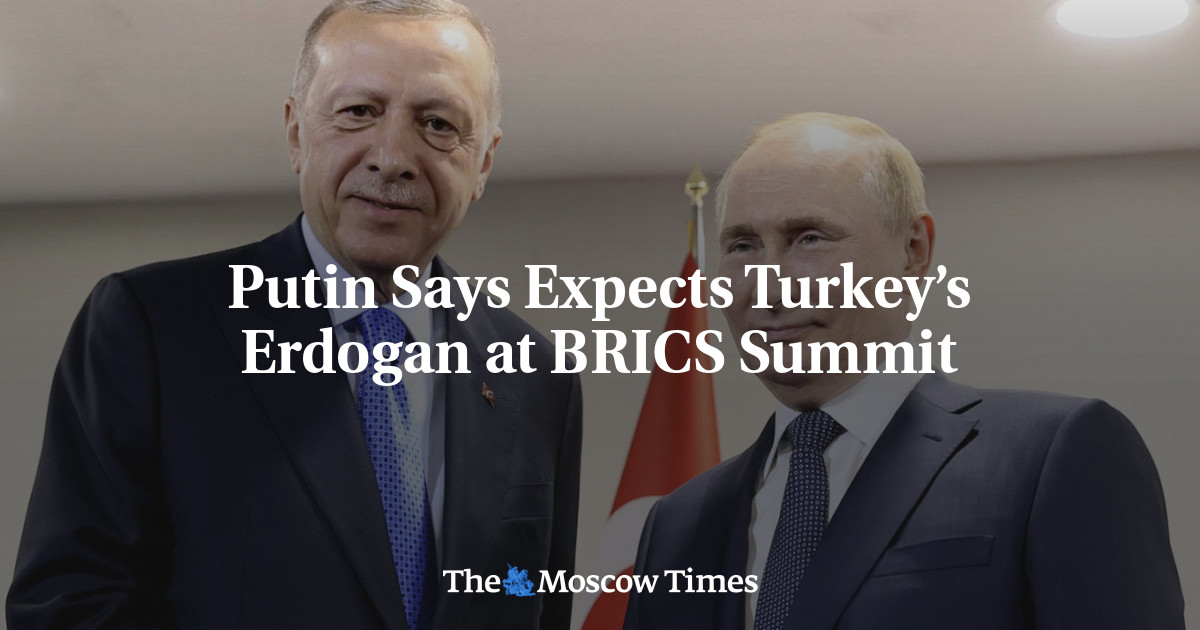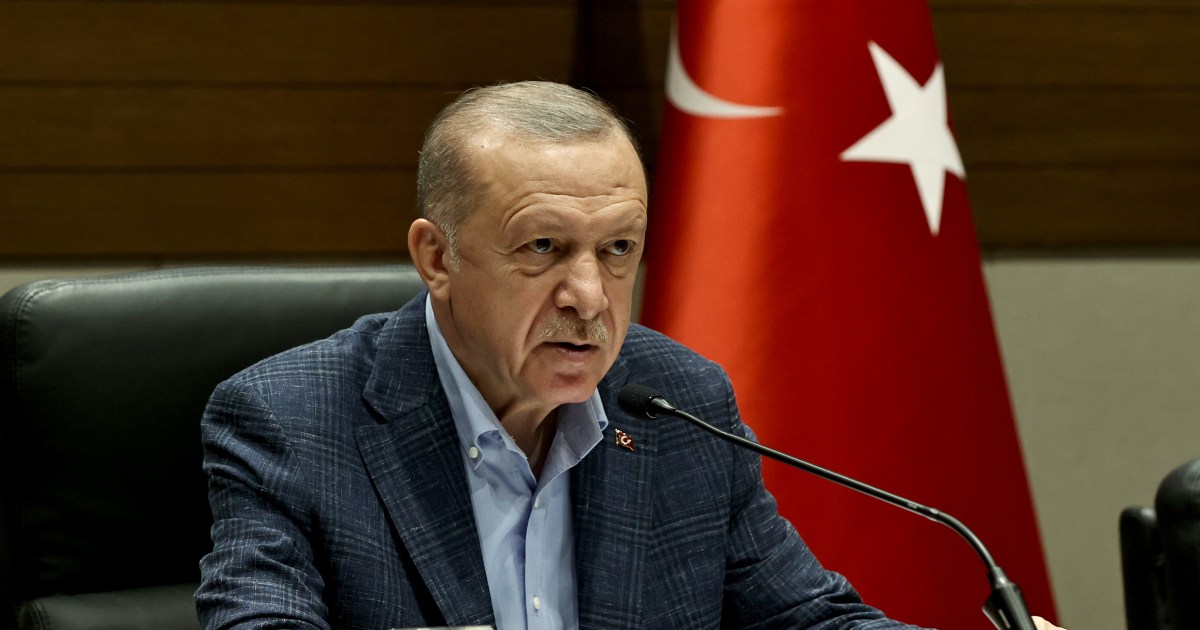Turkish economy liberal, growth sustainable: Finance Minister
Finance Minister Nureddin Nebati said on Saturday that the Turkish economy is liberal and will continue to grow in a sustainable way after the government introduced steps to support it.
Speaking to businesses in the southeastern city of Gaziantep, Nebati also said the fight against rising inflation, which hit a 24-year-high of 73.5% last month, remained a top priority.
The government launched a series of steps meant to harness its banks and bond markets to cool soaring inflation and stabilize a sliding currency.
Nebati on Saturday also announced that the government will not collect TL 239 billion ($13.96 billion) tax revenue in 2022 as part of the fight against inflation.
Turkey meanwhile raised the tax on consumer loans as authorities boosted measures to bolster the national currency. The lira has fallen 23% this year amid soaring prices.
The bank and insurance transaction tax rate on consumer loans was increased to 10% from 5%, according to a statement in the Official Gazette on Saturday.
The Banking Regulation and Supervision Agency (BDDK) on Thursday cut debt repayment periods for consumers while increasing the monthly minimum required payment on credit cards.
Turkey’s annual inflation rate rose at a lower-than-expected pace in May but still jumped to a 24-year high of 73.5%, fueled by soaring food and energy prices.
Inflation figures for the last month showed that the rise in consumer prices is on a downward trend, President Recep Tayyip Erdoğan said earlier.
“We never underestimate the problems experienced by our people in their daily lives. We are looking for ways to reduce the cost-of-living burden,” Erdoğan noted.
The country’s trade deficit also jumped 157% year-on-year in May to $10.68 billion, the Trade Ministry said on Thursday, on soaring energy import costs.
The Organisation for Economic Co-operation and Development (OECD) last Wednesday made upward revisions to Turkey’s growth and inflation forecasts for this year while it warned that the world economy will pay a “hefty price” for Russia’s invasion of Ukraine and slashed the 2022 growth forecast.
The Paris-based policy forum, which monitors and advises its 38 member countries, upgraded its 2022 growth forecast for Turkey from 3.3% to 3.7%. The expectation for 2023, meanwhile, was reduced from 3.9% to 3%.
Indicating that supportive monetary policy together with high commodity and food prices will keep consumer inflation above 70% in Turkey through this year, the OECD revised its average inflation expectations upward sharply. Accordingly, the average consumer price forecast for this year was increased from 23.9% to 72.0% and the forecast for 2023 was increased from 21.7% to 38.9%.





